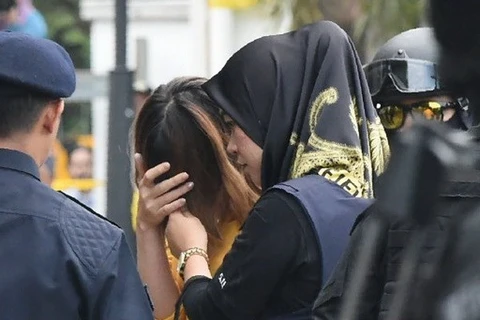Hanoi (VNA) – The Ministry of Foreign Affairs of the Democratic People’s Republic of Korea (DPRK) announced on March 6 that the country will expel Malaysian Ambassador Mohamad Nizan Mohamad, according to the Korean Central News Agency.
The ambassador was given 48 hours to leave the DPRK from 10:00 am on March 5 (local time).
The announcement was made shortly after DPRK Ambassador Kang Chol was deported from Malaysia.
The moves came weeks after the death of Kim Chol, a DPRK citizen, which resulted in tension between Malaysia and the DPRK.
Malaysia said that Kim Chol was poisoned while the DPRK claimed that he may have died of heart attack, diabetes and high blood pressure.
Malaysian authorities performed an autopsy while the DPRK has had no access to the body.
The DPRK and Ambassador Kang Chol accused Malaysia of manipulating the investigation into his death while claiming that the results cannot be trusted.-VNA
VNA






















